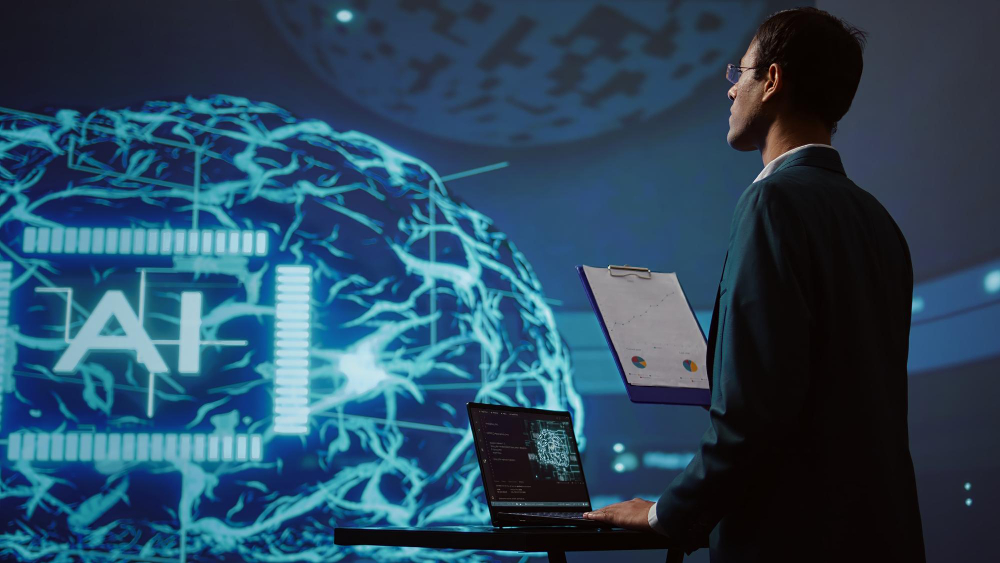As businesses evolve, the symbiotic relationship between artificial intelligence and eLearning takes center stage, especially with the approaching 2025 workforce revolution. Hybrid work models are becoming the norm, elbowed by the transformative power of AI. The dawn of AI-assisted learning is equipping today’s workforce with skills essential for tomorrow’s challenges. Meanwhile, routine tasks and traditional roles are being redefined, necessitating a workforce skilled in innovation and adaptability.
The role of eLearning in this transformation cannot be understated. Online platforms are pivotal in imparting new skills swiftly and efficiently, addressing the immediate needs of learners. Institutions are leveraging AI to create personalized content, catered to diverse learning styles, enhancing engagement and retention. This personalized approach fosters an environment where continuous learning is encouraged, crucial for meeting the demands of future job markets.
As AI continues to infiltrate various industries, workforce dynamics shift significantly. While automation might replace mundane responsibilities, it simultaneously opens doors to new roles that emphasize creativity and strategic oversight. Workers are expected to handle complex problem-solving tasks, which are inherently human. This shift ensures a partnership between technology and human intelligence, fostering innovation and strategic growth.
With these changes, ethical considerations surface, particularly concerning AI’s application in the workforce. As machines take on more decision-making roles, ethical oversight is paramount. Professionals versed in tech ethics are now critical in ensuring that AI applications align with societal values. This need creates a new job domain focused on maintaining the balance between technological advancement and ethical boundaries.
To remain relevant, workers must invest in continuous education and upskilling. eLearning offers flexibility, allowing individuals to learn at their own pace, on their schedule. Online courses in AI, data analytics, and tech ethics are increasingly popular, addressing skill gaps in high-demand areas. Employers are now actively encouraging employees to engage in eLearning platforms, recognizing the benefits of a highly skilled workforce.
Organizations embracing AI and eLearning are witnessing increased productivity and innovative outputs. By investing in employee education, they are ensuring resilience against industry disruptions. This prepares companies to adapt swiftly to changes, fostering a culture of innovation and continuous improvement. eLearning contributes to a well-rounded workforce capable of handling future challenges with confidence.
In conclusion, as we approach 2025, AI and eLearning are undeniably shaping the future workforce. They’re key ingredients in the recipe for progress, driving us towards a smarter, more efficient workplace. By embracing these technologies and focusing on continuous learning, the workforce can effectively navigate the challenges and opportunities of tomorrow’s jobs.
